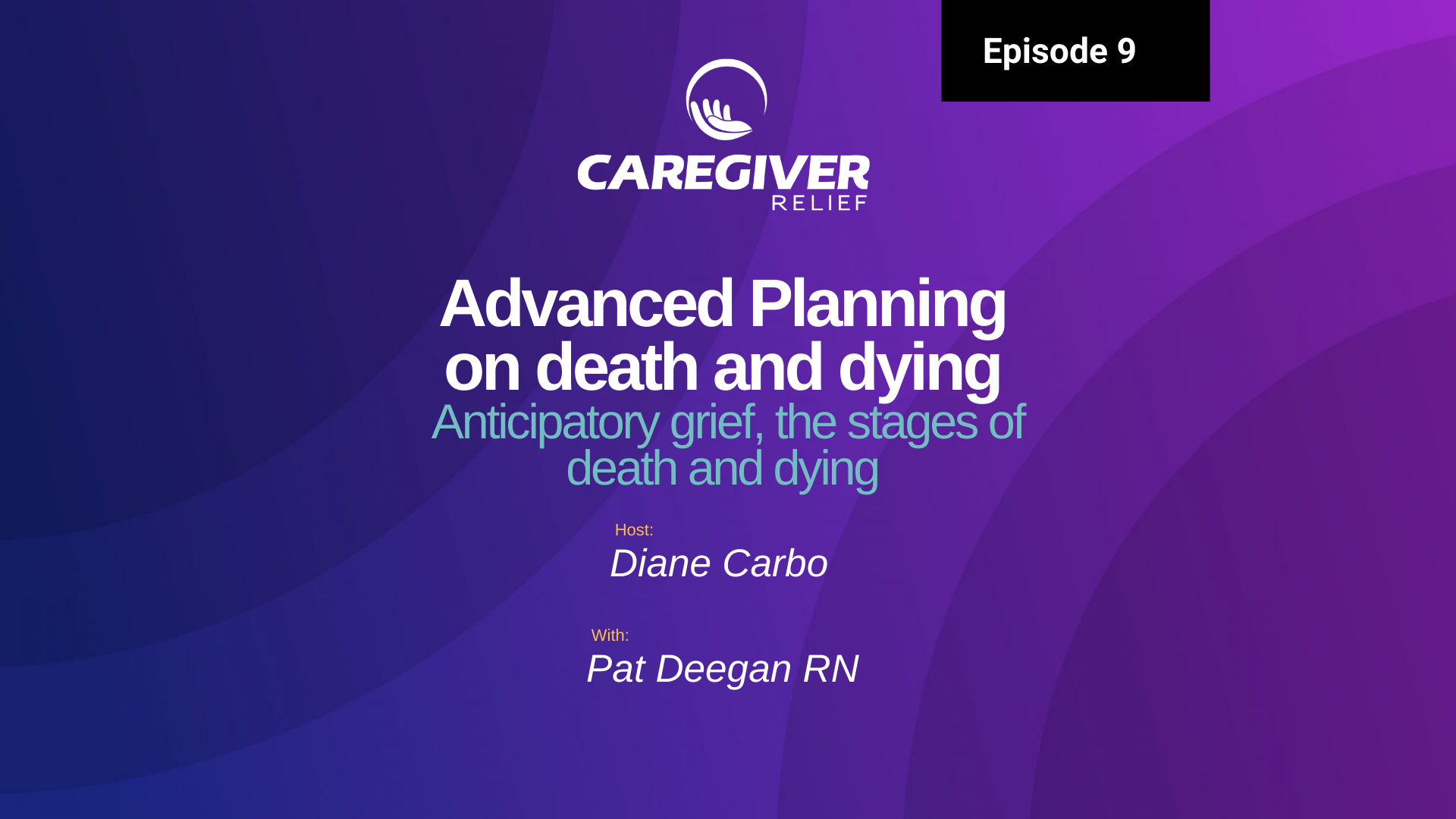Deciding Home Health Care vs Nursing Home Cost
When aging adults and their families are considering long-term care options, they may find themselves weighing the pros and cons of a nursing home versus aging in place with home care. Learn about the things to consider when making this important decision for your aging loved one.

Mary Blake (Harrisburg, PA) writes,
I am caring for my 80-year-old mother who has had multiple strokes and shows signs of dementia. I work full-time and would like to continue to keep my job.
I am struggling to consider nursing home placement. My mom wants to remain in her home. I am considering home care for her.
I am hoping you will be able to help me make a decision. Considering home care vs. nursing home, hoping to see helpful posts.
Thanks,
Mary
Mary,
Thank you for a great question. This is a very common issue that many caregivers and their loved ones face.
I am going to get the ball rolling and provide my perspective on the many things a family should consider when evaluating home care versus nursing home care.
First, let’s start with having a family communication meeting to discuss the long- and short-term goals of all involved. The wishes of the senior family member need to be considered during this time.
It is important to prepare for this meeting by doing research. Many caregivers—perhaps most—never fully understand what they are agreeing to do.
Caregiving can last as long as 20 years. Our parents are living longer, and many caregivers are financially affected. They often become socially isolated and experience poor health due to caregiver stress and guilt.
I will provide you with options to consider, and I hope you will be able to make an educated decision.
Thank you again for this great question. Please feel free to keep me updated.
Warm Regards,
Diane Carbo RN
More Home Health Care vs Nursing Home Costs: What You Need to Know. Choosing the Best Option for Senior Care
When it comes to ensuring quality care for aging loved ones, families often grapple with the decision between home health care and nursing home care. Both options come with their unique benefits, challenges, and costs, and choosing the best one requires careful consideration of the individual’s needs, the family’s financial situation, and the type of care required. Understanding the distinctions between these options can help families make informed choices that prioritize the well-being of their loved ones.
Home Health Care: Comfort and Flexibility
Home health care services allow seniors to stay in their own home while receiving personalized support. This type of care is ideal for older adults who may only need help for a few hours each day or those recovering from an illness or surgery. A home caregiver can provide non-medical care such as grocery shopping, preparing meals, and assistance with personal hygiene, as well as more advanced medical support, including wound care, medication administration, and coordination with medical professionals.
One of the greatest benefits of home care is that it allows seniors to feel more independent and comfortable in a familiar environment. For many seniors, this can significantly enhance their emotional and mental well-being. Additionally, home care can be tailored to the individual's needs, whether they require health aides for basic tasks or skilled nursing care for complex medical needs.
Nursing Home Care: Comprehensive and Round-the-Clock Support
A nursing home facility is designed for individuals who require round-the-clock care and supervision. These facilities are staffed with licensed nurses and medical professionals who can provide skilled medical care, including physical therapy, administration of medications, and care for chronic conditions such as Alzheimer’s disease.
In a nursing home, residents receive both custodial care and medical assistance, covering everything from help with daily living tasks like dressing and eating to more intensive services. Specialized programs such as memory care are often available for nursing home residents with dementia or cognitive impairments.
Cost Considerations: Home Health Care vs Nursing Home
The cost of home care and nursing home costs are significant factors for many families.
- Home care is generally billed hourly, making it a more affordable option for seniors who only need part-time care. However, for those requiring round-the-clock care, costs can add up quickly.
- The median cost of a nursing home private room or semi-private room is often higher because it includes housing, meals, and access to medical services.
Families should explore options like long-term care insurance and consult a financial advisor to plan for expenses. While Medicare pays for some services, it does not typically cover long-term custodial care, whether in a nursing home or through home health care services.
Assisted Living: A Middle Ground
For seniors who do not require the intensive medical care offered in nursing homes but still need help with personal care and daily living, an assisted living facility may be the best choice. These facilities provide basic care, along with amenities like meal preparation, social activities, and housekeeping, but do not usually include skilled nursing care.
Tailoring Care to Medical Needs
Whether choosing in-home care, an assisted living facility, or a nursing home, it’s important to consider the specific medical needs of the individual. For example:
- Physical therapists can visit seniors at home for rehabilitation.
- Seniors needing specialized memory care may benefit from a facility equipped for Alzheimer’s care.
- Medical professionals in nursing homes can monitor chronic conditions and provide immediate intervention when necessary.
Emotional and Social Considerations
For many seniors, staying at home fosters a sense of independence and connection to their community. However, nursing homes and assisted living facilities often offer social engagement opportunities, which can be beneficial for mental health.
Federal and State Support Programs
The federal government provides several special programs to help families offset senior care costs, including Medicaid waivers for qualified individuals and benefits for veterans. Families should investigate these resources to ensure they maximize their options.
Making the Decision
When deciding between home health care vs nursing home care, consider the following:
- The individual’s physical and medical needs
- Financial resources and available coverage
- Preferences of the aging loved one
- The level of care and personal attention required
By weighing these factors and seeking guidance from medical professionals or a financial advisor, families can make informed decisions that provide the best quality of life for their loved ones. Whether in the comfort of their own home or a nursing home facility, the goal is always to ensure safety, dignity, and well-being for older adults.

Memory Care Options for Alzheimer’s Patients
Memory care is a specialized type of senior care tailored to individuals with Alzheimer’s disease and other forms of dementia. These programs are designed to provide a safe and structured environment where individuals can receive the medical support and personal care they need while managing the unique challenges posed by cognitive decline.
Memory Care in Nursing Homes
Nursing home facilities often include dedicated memory care units with staff trained in dementia care. These units provide round-the-clock care for residents who may wander, experience confusion, or have difficulty performing daily living tasks. Additionally, they offer:
- Skilled nursing care for residents with complex medical needs, such as managing medications and treating coexisting conditions.
- Physical therapy to improve mobility and prevent falls.
- Emotional and social support programs to engage residents in stimulating activities and reduce feelings of isolation.
Specialized Assisted Living Facilities for Memory Care
Some assisted living facilities focus specifically on memory care, providing a middle ground between home health care and nursing homes. These facilities are designed to foster independence while ensuring safety through features like secure premises, structured daily routines, and staff trained in managing Alzheimer’s disease.
Benefits of Memory Care Programs
- Custodial care for personal hygiene, meal preparation, and other daily living needs.
- Cognitive stimulation programs that help maintain memory and mental function.
- Access to licensed nurses and medical professionals to monitor health changes and provide timely interventions.
For many families, memory care programs in nursing homes or assisted living facilities offer peace of mind, knowing their aging loved one is in a supportive, specialized environment.

In-Home Care for Older Adults
In-home care is a flexible solution that allows older adults to age comfortably in their own home while receiving tailored assistance for their medical and personal care needs. This option is particularly appealing for seniors who value independence or experience anxiety at the thought of relocating to a nursing home facility.
Services Provided in In-Home Care
- Basic care: Assistance with daily living activities such as dressing, bathing, and meal preparation.
- Medical services: Delivered by licensed nurses or home health aides, these include wound care, administering medications, and monitoring chronic conditions.
- Physical therapy: Performed by physical therapists to aid recovery from surgery or injury and improve mobility.
- Non-medical care: Help with grocery shopping, light housekeeping, and preparing meals.
Benefits of In-Home Care
- Allows seniors to feel connected to their community and maintain their routines.
- Provides emotional comfort by reducing the stress of transitioning to a facility.
- Enables family members to stay closely involved in the caregiving process.
- Offers a cost-effective solution when care is needed for only a few hours daily.
For seniors with mild to moderate care needs, home care is often a preferred choice, enabling them to age in place with dignity.

Choosing Between Home Care and Nursing Home Facilities
The decision between home care and a nursing home facility is a complex one that depends on multiple factors, including the level of skilled nursing care required, financial resources, and the preferences of the senior and their family.
Home Care: A Personalized Approach
- Home health care provides the flexibility of tailoring services to individual needs, making it suitable for seniors who require help with daily living but do not need constant supervision.
- A home caregiver can be hired for round-the-clock care or just a few hours a day, allowing families to adjust care as needed.
Nursing Homes: Comprehensive Care for Complex Needs
- Nursing home care is ideal for individuals who require intensive medical services or supervision.
- These facilities provide licensed nurses, medical professionals, and resources to manage complex conditions like Alzheimer’s disease, stroke recovery, or advanced arthritis.
Financial Considerations
- The cost of home care may be more affordable for part-time needs but can exceed the median cost of a nursing home private room when round-the-clock care is required.
- Families should explore whether long-term care insurance, Medicaid, or other special programs provide coverage.
Emotional and Social Factors
- For seniors who value independence and staying in their own home, home care is often the better choice.
- Nursing homes and assisted living facilities offer social engagement opportunities, which can be beneficial for many seniors dealing with isolation or depression.
Key Questions to Consider
- Does the senior require skilled medical care or just non-medical care?
- Are medical supplies and equipment easily accessible at home?
- Can the family afford the senior care costs associated with each option?
- What does the senior prefer for their living and care arrangement?
Making the decision between home health care and nursing home care requires balancing emotional, financial, and medical considerations to ensure the best quality of life for your loved one
These are things that most caregivers never consider... when thinking about home care versus nursing home placement.
While I am a very strong supporter of aging in place,... I do not think it should be done at the expense of some one else’s family or life. Many care givers become socially isolated ... and forget that one day care giving will end and they will have their life back.
As part of planning for home care versus nursing home placement handling care giver stress is a key to success.
I have given you a lot to think about as far as home care versus nursing home placement.
None of it addressed the things to look for as far as in home care and nursing homes or when to initiate care.
The above information is so important to consider first.
Then, when to start and learn about the different types of in home care is the next step. This website will be helpful if you choose to look for help with in home care. Use the Home Health Care Agencies Directory to find help. It is a listing of health care agencies in each state.
I hope that others will add to this and it will become more comprehensive. I think we are off to a good start.
Here's more articles you may find beneficial...



All of our guides, downloads, worksheets, Premium courses
Click Subscribe To Get Started.









